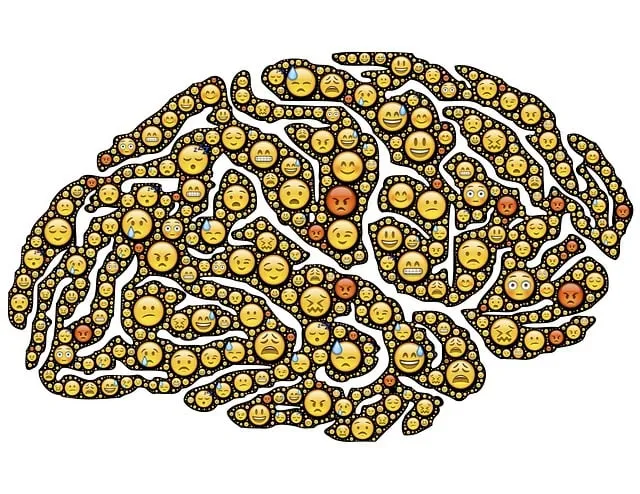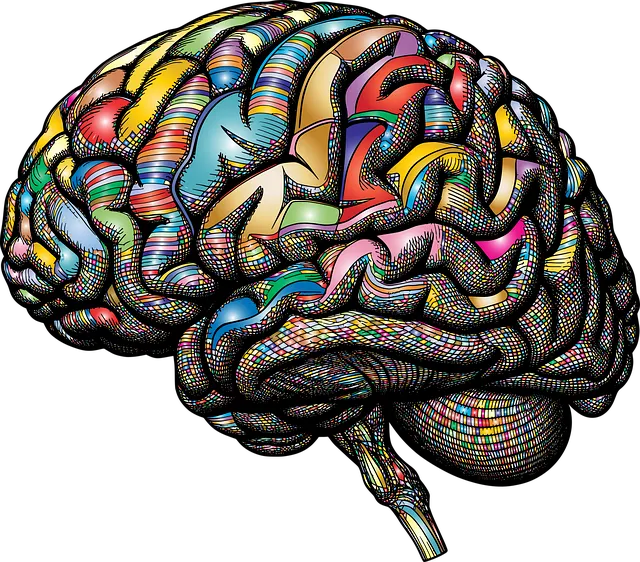Denver's rising demand for mental wellness solutions is met by innovative apps offering personalized tools and resources, especially for younger generations. These apps fill gaps in mental health services, providing evidence-based techniques like CBT, mood journaling, and meditation timers. By incorporating risk management planning and peer support groups, these apps foster community engagement and enhance self-awareness. Leveraging local user insights, the Denver Model and Kaiser approach have gained recognition for their effectiveness in reaching underserved areas, offering scalable solutions for global mental health accessibility.
In today’s fast-paced world, mental wellness is a pressing concern. To address this, mental wellness app development has emerged as a game-changer, offering accessible and personalized support. This article explores the growing need for such apps, delving into their key features and development process. We highlight success stories like Denver and Kaiser models, showcasing how these innovative tools are revolutionizing how to get mental health help. By understanding these aspects, developers can create impactful solutions contributing to better mental wellness outcomes.
- Understanding the Growing Need for Mental Wellness Apps
- Key Features and Functionality of Effective Apps
- Development Process: From Concept to Launch
- Success Stories: Impact and Future Potential with Denver, Kaiser Model
Understanding the Growing Need for Mental Wellness Apps

In today’s fast-paced world, the demand for accessible mental wellness solutions is on the rise, especially in urban centers like Denver. With a growing awareness about the importance of mental health, many individuals are seeking convenient and discrete ways to improve their well-being. This shift is particularly notable among younger generations who are more open about discussing their struggles with mental health issues. Mental wellness apps have emerged as a game-changer, offering personalized tools and resources that cater to diverse needs. By leveraging technology, these applications provide a viable alternative to traditional therapy, especially for those who may face barriers like cost, time constraints, or lack of local access to mental health professionals, such as those in remote areas or low-resource communities.
The need for effective mental wellness apps is further highlighted by the absence of comprehensive mental health services in some regions, including Denver. According to Kaiser, many individuals struggle to find affordable and accessible care under the current Mental Health Policy Analysis and Advocacy frameworks. This gap has led to a surge in interest for self-help tools that empower users with confidence-boosting techniques and mental wellness coaching programs. As the demand continues to grow, developers have an opportunity to create innovative solutions that not only address immediate needs but also contribute to long-term Mental Wellness Coaching Programs Development and improved mental health outcomes for communities across Denver and beyond.
Key Features and Functionality of Effective Apps

Effective mental wellness apps offer a suite of features tailored to support users’ emotional well-being and provide accessible ways to get mental health help in Denver, much like Kaiser’s services. Key functionalities include personalized dashboards that allow users to track their moods, set self-care goals, and access coping strategies. Incorporating evidence-based techniques such as mindfulness exercises, cognitive behavioral therapy (CBT) tools, and stress management tips can significantly enhance the app’s impact.
These apps excel in promoting self-awareness by integrating features like mood journaling and meditation timers. They also facilitate community engagement through forums or peer support groups, fostering a sense of belonging and encouraging users to share their experiences, much like building a supportive network within Kaiser. Additionally, incorporating risk management planning tools for mental health professionals can further ensure user safety and provide timely interventions when needed.
Development Process: From Concept to Launch

The development process of a mental wellness app, from concept to launch, involves several crucial steps. It begins with understanding the target audience’s needs, which in Denver, where access to mental health services is often sought through Kaiser, requires extensive research and stakeholder consultations. This phase includes market analysis to identify gaps in existing solutions and gathering user feedback to define key features.
Next, designers and developers collaborate on creating a comprehensive app blueprint, focusing not just on functionality but also on user experience (UX) and interface design. Incorporating self-care routine development tips and public awareness campaign elements can enhance engagement and effectiveness. The coding stage follows, where the app’s backend and frontend are developed, ensuring robust security for sensitive data. Rigorous testing is conducted to identify and fix bugs, followed by a soft launch to gather user feedback before the official release.
Success Stories: Impact and Future Potential with Denver, Kaiser Model

The Denver Model and Kaiser approach to mental wellness app development have garnered significant attention for their success stories and impact. These innovative programs demonstrate how technology can effectively reach individuals seeking mental health support, especially in rural or underserved areas where access to traditional services is limited. For instance, the Denver model has shown promise in improving patient outcomes by providing accessible, personalized therapy through digital platforms. This approach not only helps individuals how to get mental health help but also promotes self-management and empowers users to take control of their well-being.
Furthermore, both models incorporate features like Social Skills Training and Trauma Support Services, contributing to Mental Illness Stigma Reduction Efforts. By integrating these services into digital apps, they cater to diverse user needs, ensuring comprehensive care. The potential for future growth is immense; with continuous advancements in technology, these successful frameworks can be scaled globally, making mental health support more accessible and efficient for all.
Mental wellness apps have emerged as powerful tools in the digital age, addressing a growing need for accessible mental health support. By incorporating key features like personalized therapy sessions, mindfulness exercises, and community forums, these applications offer a comprehensive approach to managing mental wellness. The development process involves careful planning, from conceptualization to launch, ensuring user-centric design and evidence-based practices. Success stories, such as the Denver and Kaiser models, demonstrate the significant impact these apps can have on individuals’ lives, paving the way for a future where mental health help is readily available through innovative technology solutions like Denver how to get mental health help and Kaiser.






